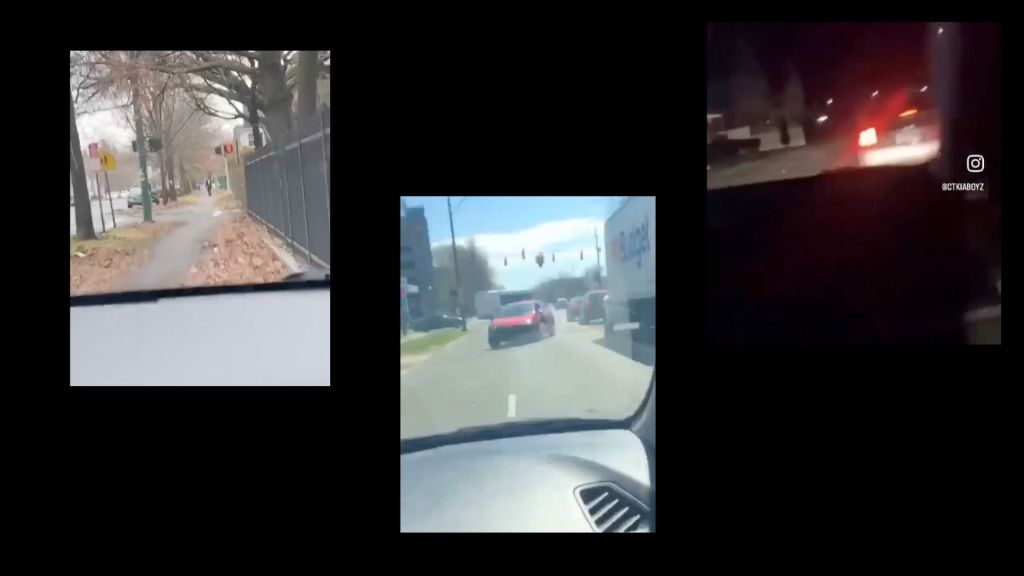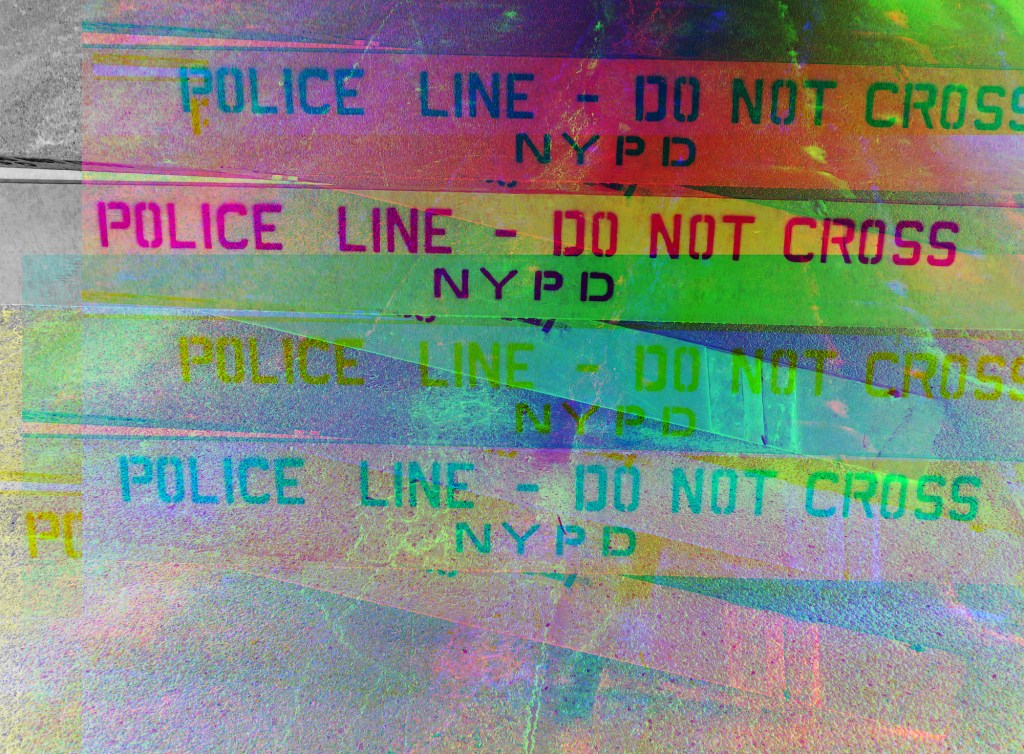All of the major candidates running in the Democratic primary to become New York City’s next mayor have promised to bring some manner of reform to the city’s police department. There are areas of common ground—investing more in mental health response units, increasing the power of the civilian oversight body, and prioritizing gun crimes, to name a few.
But one area where nearly all of the candidates have been silent is police surveillance—including the controversial use of facial recognition technology, which has already been banned or strictly regulated in other major US cities.
Videos by VICE
Motherboard asked the eight leading candidates whether they would ban police use of facial recognition if elected, or go even further and ban the technology from being used in public places, as Portland, Oregon has done.
Only one candidate, Dianne Morales, said she supports a ban.
Dianne Morales, former nonprofit executive
“I support a city-wide ban on government facial recognition and biometric surveillance technologies,” Morales wrote in a statement to Motherboard. “This includes bans in law enforcement, public schools, and public housing. Government-sanctioned facial recognition programs are a breeding ground for racial profiling. Systems like these unjustly target black and brown people and subjugate them to increased arrests, traffic stops, and interrogations. Our students as well as our public housing residents shouldn’t be subjected to these advanced and streamlined forms of interrogation. It strips humans of the dignity I’m attempting to restore. It is my duty as mayor to put an end to this injustice that directly upholds white supremacy.
I also support a ban on the use of facial recognition by private companies to monitor their workers or automate employment decision-making. Companies that monitor their workers using facial recognition too often fall short and engage in predatory tactics like racial profiling to expedite security measures. This is unacceptable and I will outlaw the use of facial recognition technology on most mediums. AI is built by humans with human biases. Supporters often act like AI will solve racism in the hiring process, but research shows that it can entrench it. I support banning it and, short of that, further studying its impact.”
Shaun Donovan, former Housing and Urban Development secretary
“I absolutely believe that while there can be benefits to security and safety, particularly around organized crime and terrorism, that there are serious risks [from police use of facial recognition] to privacy, and specifically to Black and brown New Yorkers,” Donovan told Motherboard in an interview. “I would be very clear and careful about how it was implemented” by city law enforcement agencies.
Donovan added that, if elected, he would appoint a chief equity officer charged with examining data from all city agencies for evidence of disparate impact—a regulatory standard for measuring discriminatory practices by algorithms that Donovan enacted for federal housing programs while at HUD. He also promised to appoint a chief privacy officer for the city to examine the impact of technologies like facial recognition.
Asked whether he would pursue a ban or regulations limiting private companies’ use of facial recognition, Donovan said he would not ban the technology outright and that “New Yorkers have the right to choose, they should be able to opt in.” He said he would, though, push the city, state, and federal consumer protection agencies to hold companies accountable for misusing the technology and violating New Yorkers’ privacy.
Andrew Yang, entrepreneur and former presidential candidate
Yang’s campaign did not respond to Motherboard’s questions. During the 2020 presidential campaign, Vox asked all the Democratic candidates about their opinions on police use of facial recognition. Yang’s answer was vague. He promised to create a government agency that would work with “private industry to monitor and regulate emerging technologies like facial recognition and artificial intelligence to oversee emerging technologies” that present “ethical risks.”
On his mayoral campaign website, Yang praised the Public Oversight of Surveillance Technologies (POST) Act, passed by the New York City Council in June 2020, which required the NYPD to disclose basic information about its surveillance tools. A Yang administration would “look to develop policies around the findings [of annual POST Act audits] that carefully balances their benefits in preventing and solving crimes with the need to protect our civil liberties.”
Kathryn Garcia, former NYC sanitation commissioner
Garcia does not appear to have made any public comments about facial recognition and the police reform plan on her campaign website makes no mention of it or other surveillance technology. She did not respond to Motherboard’s questions.
Ray McGuire, former Citigroup executive
McGuire, who sits on the New York City Police Foundation board, also doesn’t appear to have shared his opinion on facial recognition publicly, and surveillance isn’t mentioned in his public safety platform. He did not respond to Motherboard’s questions
Scott Stringer, New York City Comptroller
As Comptroller, Stringer ended a policy that had allowed the NYPD to bypass certain procurement processes when purchasing surveillance technology, and then keep those purchases a secret. The move won him praise from the New York City-based Surveillance Technology Oversight Project. On his website, Stringer says he would introduce audits of the NYPD’s surveillance practices, but he doesn’t state a specific stance on facial recognition. He did not respond to Motherboard’s questions.
Maya Wiley, civil rights attorney and former counsel to the mayor
Wiley, who once chaired the NYPD Civilian Complaint Review Board, does not appear to have taken a public stance on facial recognition. On her website, she makes a small reference to police surveillance: “Addressing the root causes of neighborhood violence through community outreach and collaborative problem solving is more effective at reducing crime than traditional punitive policing, which targets hotspots and prioritizes surveillance over privacy.” She did not respond to Motherboard’s questions.
Eric Adams, Brooklyn borough president
Adams is a former NYPD cop who has called for reforming the agency and reducing its budget.
In June 2020, the New York Daily News reported that it had obtained a memo Adams wrote about cutting NYPD funding in which he suggested that financial audits of the department should examine ways to reduce spending on facial recognition and other technologies. He did not respond to Motherboard’s questions.




